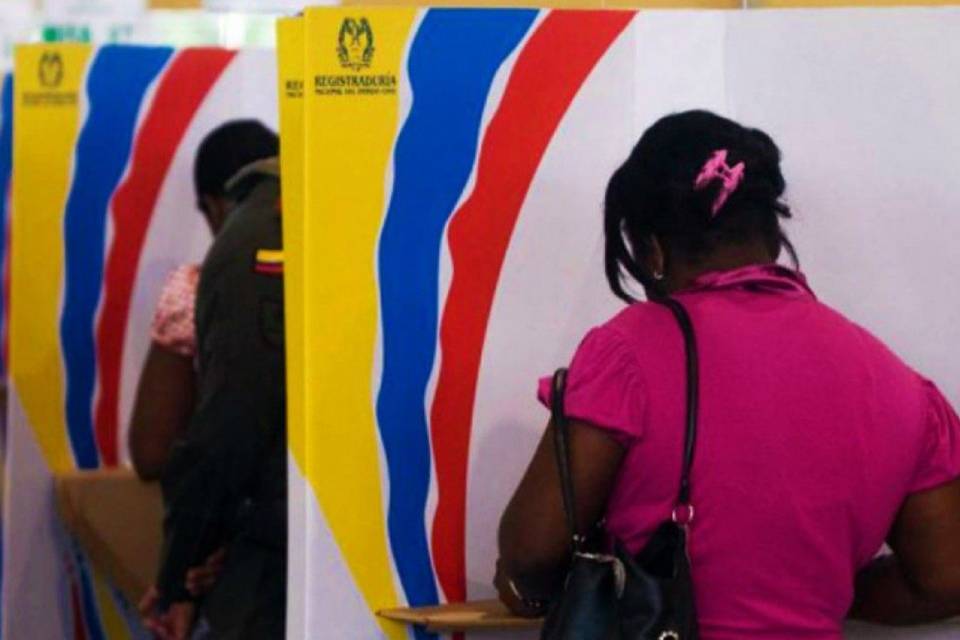On the day of the date, the 1st Popular Library was inaugurated in Montevideo. It was the initiative of Presbítero Dámaso Antonio Larrañaga, an enthusiastic collaborator of Artigas, especially in the cultural field. The books that made it up came, for the most part, from the library of the late Presbítero Pérez Castellano, the Franciscan Fathers, José Raimundo Guerra and Larrañaga himself.
Library: Place where books are kept. It is more than just a repository for bound books.
The first that is recorded dates back to the III Millennium BC, in a Temple in the city of NIPPUR (ancient Sumerian city). There the “first books” were clay tablets. Records and information centers then appeared in Egypt and Mesopotamia, written on sheets taken from the stem of a plant of Eastern origin known as papyrus.
Then the lines were written on parchment (on specially treated beef skin).
In the fifteenth century, the printing press was invented, which facilitated the greater dissemination of books and their conservation. The first libraries were only accessible to priests and rulers.
The most famous today was that of Alexandria (Egypt) that began to be built in the year 290 BC. Its volumes were handwritten papyrus scrolls.
The National Library is located on Avenida 18 de Julio and Tristán Narvaja in Montevideo, 5 floors including 2 basements. The current building began to be occupied in 1955 and culminated with the inauguration of the Central Reading Room in 1966.
It preserves a rich bibliographical and documentary heritage: microforms, maps, musical scores, engravings, watercolours, photographs, manuscripts, titles of periodical publications.
On the sides of the reading room the following is read: “The talents of our Americans are so privileged that they only need good books to become eminent in other fields. But not being able to all procure them by themselves due to lack of means and even choice in a country that are scarce and very expensive, it is necessary to establish a Public Library or where our young people and all those who wish to know can attend “. “A library is nothing more than a home or illustrious assembly in which all the most illustrious engineers of the literary world meet, the focus in which the lights that have been spread by the sages of all countries and of all times will be known”…. (part of what Larrañaga said on the day of the inauguration).
He proposed to make up for the lack of institutions and teachers with good books.
In May, the password of the eastern army was “Let the Orientals be as enlightened as they are brave”.
As a tribute to the day of the inauguration of the First Popular Library, nothing more appropriate in my opinion than a few words by the Uruguayan writer, Eduardo Galeano, dedicated to Artigas, when he received the title of “Illustrious Citizen of Mercosur”. This is how he expressed himself: “…And I end with words I wrote to you some time ago: “1820, Paso del Bosquerón. Without turning your head, you sink into exile, I see it, I’m seeing it, the Paraná slides with the laziness of a lizard and there it wings, flapping its broken poncho, at the horse’s trot, and gets lost in the foliage. You do not say goodbye to your land. She wouldn’t believe it. Or maybe you don’t know yet, that she’s gone forever. The landscape is rushing. You walk away defeated, and your land gasps. Will the children who are born to her, the lovers who come to her, give her back her breath? Will those who sprout from this earth, who enter it, become worthy of such deep sadness? Her land. Our southern land. You will be very necessary Don José. Every time greedy people hurt and humiliate you, every time fools think you dumb or barren, you will be missed. Because you, Don José Artigas, general of the singles, are the best word she has ever said”.
It is said that Leo Tolstoy, the great Russian writer, noted among the greatest of his country, was already an old man plowing in Yásnaya Poliana, an estate received from his parents who had been members of the Tsarist nobility. He then receives a visit from a prominent French critic and journalist, who was surprised to find an intellectual of his stature, dedicated to such a rustic task, so, after greeting him, he said:
– Plowing the land, Mr. Tolstoy?
– And planting. That opening the land with the plow is only half the job and therefore an incomplete task. This really culminates and is fertilized with the sowing.
– It is striking, because of its singularity, added the Frenchman, that a hand accustomed to filling pages with ideas and images, is equally applied to the rough work of the farmer.
– They are the same thing, sir, writing and sowing. By means of both a fruit is procured for man. The fruit of writing is the book and it is surely the most valuable because it is not frustrated by droughts or frosts and it is not drowned by weeds. It travels the world and survives, offering man through time, through the centuries and wherever he is, the white loaf kneaded with the flour that someone kneaded for him.
Prof. Teresita Pírez







